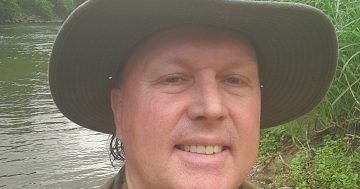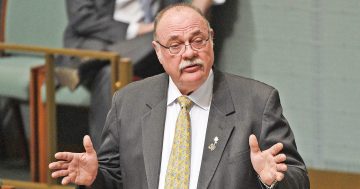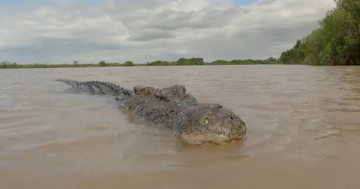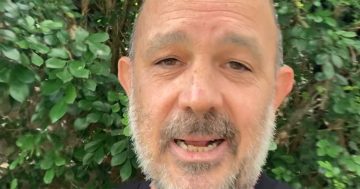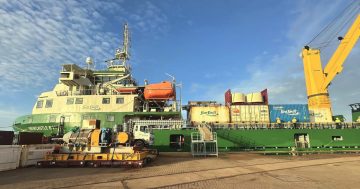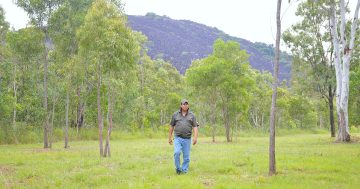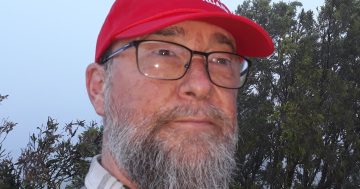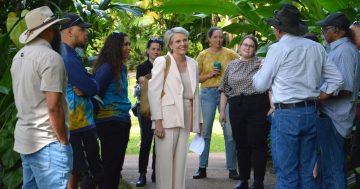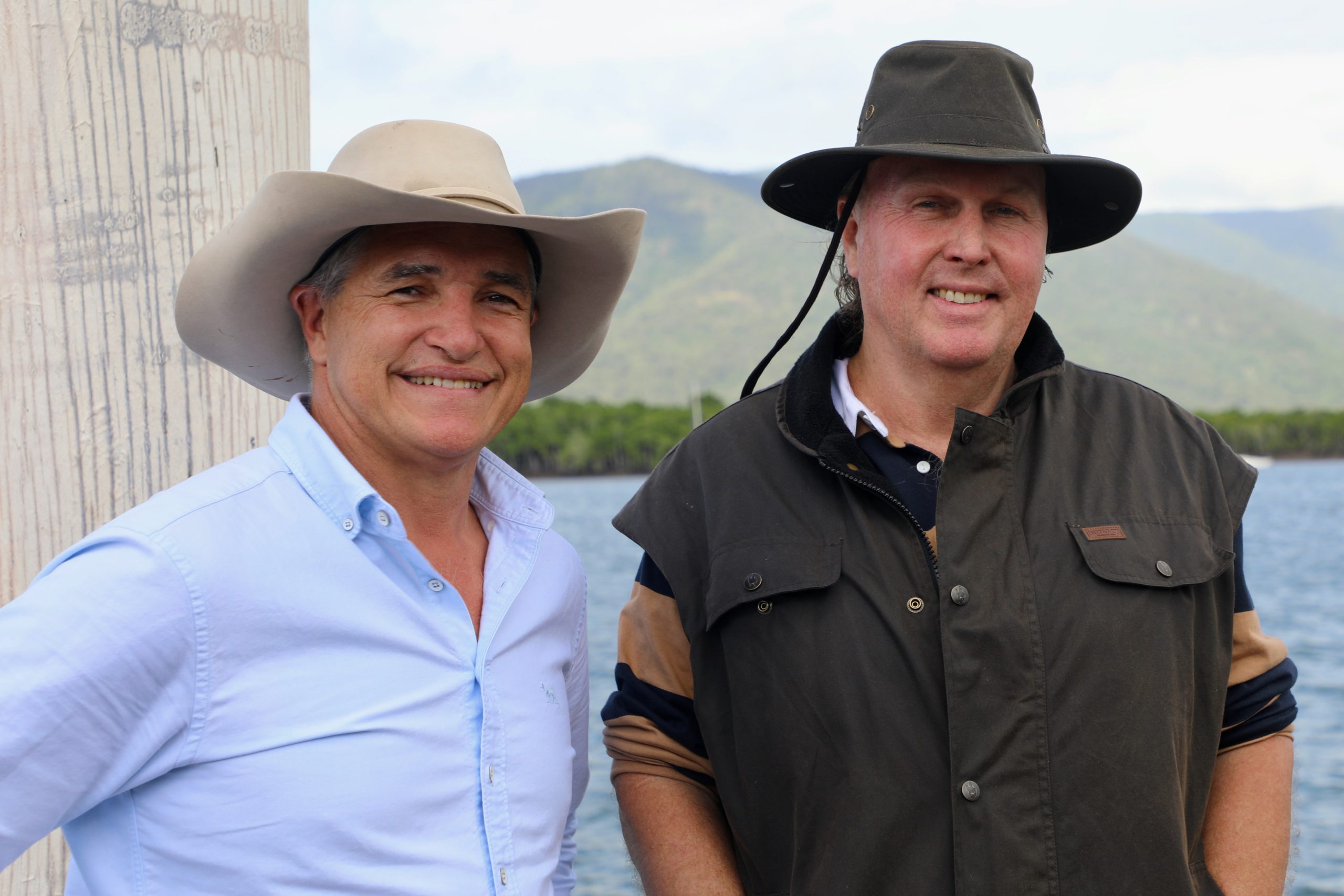
Katter’s Australian Party candidate for Leichhardt, Dr Daniel Collins (right), pictured with party leader Robbie Katter, is pushing for Cape York to become the centrepiece in a cane forestry revival he says could deliver major economic benefits to the region. Photo: Supplied.
An economic boom for Cape York that also stimulates trade for the Cairns port is possible if a “rotting” opportunity is embraced, according to the Katter’s Australian Party (KAP) candidate for Leichhardt.
Dr Daniel Collins, who is flying the KAP flag in the 10-candidate race to replace Warren Entsch, has detailed a plan he said could harness the development of the northernmost part of the electorate by harvesting two species of existing plants to make cane furniture.
“A huge untapped industry lies rotting in the rainforests of Far North Queensland,” he said.
“It could be used for furniture and interior decorating, yet so-called environmentalists and our Canberra-focussed governing parties would rather tick green boxes than let FNQ thrive.”
Dr Collins said cane furniture is made from the genus Calamus, of which there are two marketable species already growing in the region – Calamus Australis and Calamus moti – both of which were studied by the candidate during his honours thesis and demonstrated to represent a sustainable industry.
“This is an industry worth $50 billion globally, yet we are told to watch our share of that rot away,” he said.
“I’m not going to stand and watch that happen; I’m committed to getting this industry off the ground.
“The rainforests in the Cape are now infested with Calamus Australis and Calamus moti, only made worse by the World Heritage listing of the wet tropics – it actually hinders the growth of trees and other native plants.”
As voters prepare to head to the polls this weekend, Dr Collins said he believed it was imperative decision makers in Canberra led with the best interests of communities in mind, not to pander to environmental groups and watchdogs like UNESCO.
“Successive governments have been conned into the lazy option of locking up the Cape to win favour with overseas lobby groups such as UNESCO, instead of releasing the handbrake they are slamming on communities right across Far North Queensland,” he said.


